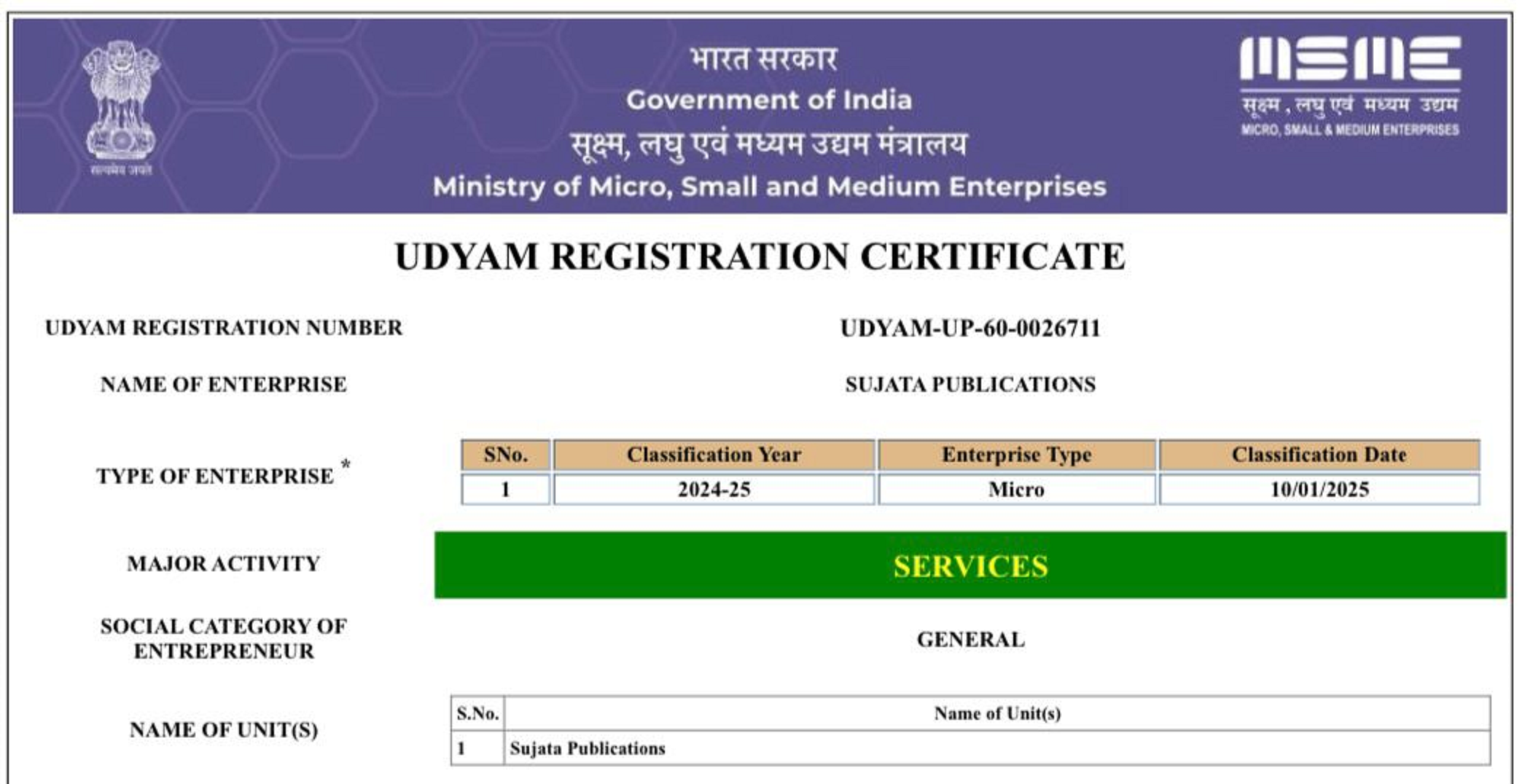Evaluation of the Anti-hypertensive Activity of Ethanolic Leaves Extract of Euterpe Oleracea Experimental Animal
DOI:
https://doi.org/10.62896/ijpdd.1.13.1Keywords:
Euterpe oleracea, Anti-hypertension, Histopathology and Serum Concentration of total CholesterolAbstract
Hypertension, or high blood pressure, is a prevalent and serious disorder that is linked to several health consequences, including premature death and cardiovascular disease. It is the primary aetiology for angina, myocardial infarction, stroke, heart failure, and renal failure. According to the World Health Organisation, hypertension is the third leading cause of death globally, responsible for nearly one in eight deaths. Cardiovascular problems provide a considerable contribution to illness and death, especially in the Eastern Mediterranean area, where 26% of individuals have hypertension. Annually, there are four million deaths and billions of people affected. The prevalence of hypertension is increasing as a result of variables such as a growing elderly population, higher rates of smoking, and changes in nutrition and lifestyle. Despite the availability of several antihypertensive drugs, they often lead to undesirable outcomes, including renal and gastrointestinal problems. Consequently, there is a growing fascination in herbal remedies, which are both more economical and have less negative consequences. This research examines the therapeutic benefits of using ethanolic leaf extract from Euterpe oleracea to treat hypertension. Over a span of five weeks, rats were given ethanol orally at a dosage of 5 g/kg/day, leading to an elevation in their blood pressure. Afterwards, the rats were divided into groups that were administered normal saline, ethanol, advanced marine (10 mL/kg), Nifedipine (10 mg/kg), or Euterpe oleracea extract (100 mg/kg and 200 mg/kg). The findings demonstrated that ethanol had a notable impact on arterial pressure and heart rate, whereas the administration of Euterpe oleracea and Nifedipine led to a substantial decrease in mean arterial pressure. Additionally, these treatments resulted in better cholesterol levels, liver and kidney function, as well as antioxidant status in hypertensive rats. The findings suggest that the extract of Euterpe oleracea has strong antihypertensive, hypolipidemic, and antioxidant effects, making it a potential therapy for hypertension
Downloads
Published
Issue
Section
License
Copyright (c) 2024 Sujata Publications

This work is licensed under a Creative Commons Attribution-NonCommercial 4.0 International License.
















